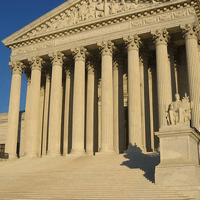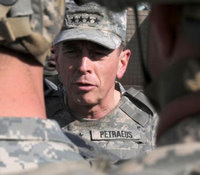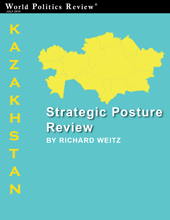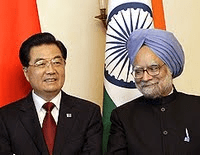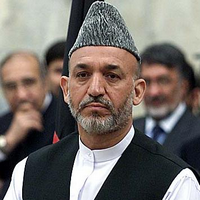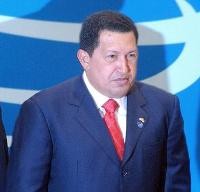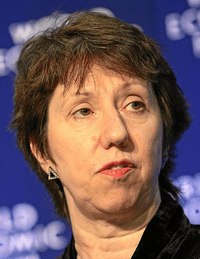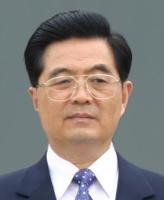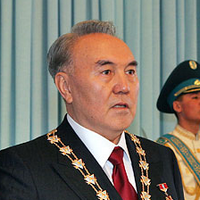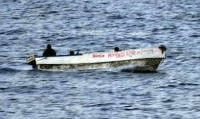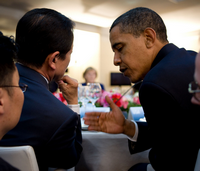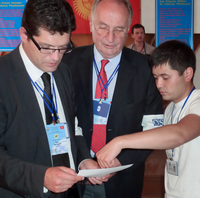
The member states of the Organization for Security and Cooperation in Europe (OSCE) finally took resolute action to assist fellow member, Kyrgyzstan, which remains vulnerable to further mass violence and other disorders due to its multiple difficulties. At a meeting this weekend, the foreign ministers of the 56-state grouping endorsed a package plan to increase the OSCE’s presence in the region as a catalyst to mobilize additional international support for the beleaguered country. The same governments will meet again in a few days, at a session of the OSCE Permanent Council in Vienna, where they should endorse the intervention package. […]


